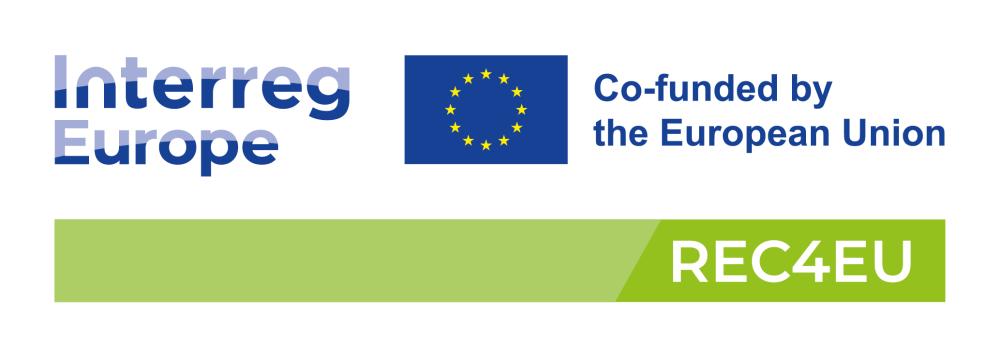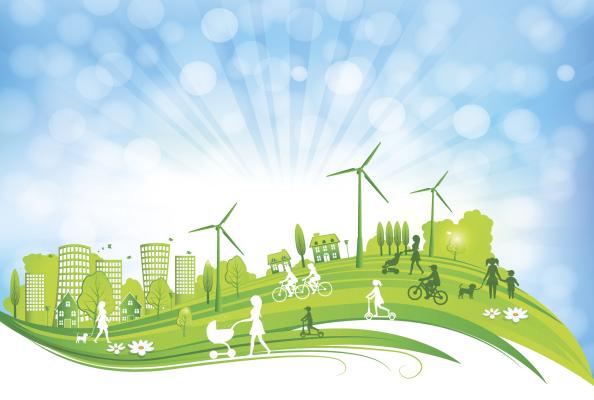
REC4EU is the first territorial cooperation project facilitating the uptake of RECs, since the new common EU legislative framework (EU2018/2001 REDII) has been in place and transposed at Member State level.
Objective of the project
REC4EU aims to improve territorial level governance and connected services for the creation and development of Renewable energy communities (RECs).
Thanks to interregional learning and cooperation the project intends to:
- analyse and address technical, regulatory, economic, social barriers to RECs;
- identify key regional policy aspects to set up an integrated governance and support framework for creation and development of RECs;
- design and implement policy improvements to develop an integrated governance and support system at territorial level;
- build capacity among public authorities and stakeholders to implement support services to RECs.
RECs can help move from a centralised to a decentralised energy production system, make better use of RES, reduce energy costs and dependency from abroad and enhance citizen involvement in a prosumer role. By increasing use of renewables, REC4EU contributes to the greener, low carbon transitioning towards a net zero carbon economy EU Cohesion objective.
With RECs, production, supply, distribution, sharing and consumption of RES is carried out collectively by citizens, often partnering with SMEs and local authorities. Yet, creating and running RECs is complex. They require initial investments, legislative knowledge, proximity to renewable energy sources, a cohesive and committed group of stakeholders and participation of local administrations.
REC4EU addresses these challenges by reinforcing or creating regional support systems for the creation or development of RECs. It seeks to strengthen public administrations’ governance method and their capacity to support the entire process, involving relevant stakeholders.
Through impact on selected policy instruments, REC4EU improves territorial level governance and connected services for creation and development of RECs. The partnership offers a broad EU coverage with 10 partners from 9 EU countries. It includes more advanced areas, where RECs are a reality, and less advanced areas setting up their first coordination and support tools.
Who are the partners?
- Regional Agency for Waste & Resource Management (ARRR) (IT)
- Regional Government of Tuscany (IT)
- Slovak Innovation and Energy Agency (SK)
- Lubelskie Voivodeship (PL)
- Council of Tampere Region (FI)
- Energie Commune (BE)
- Andalusian Energy Agency (AEA) (ES)
- Energy and Climate Local Agency (FR)
- Regional Development Agency Srem
- Milieukontakt Albania

